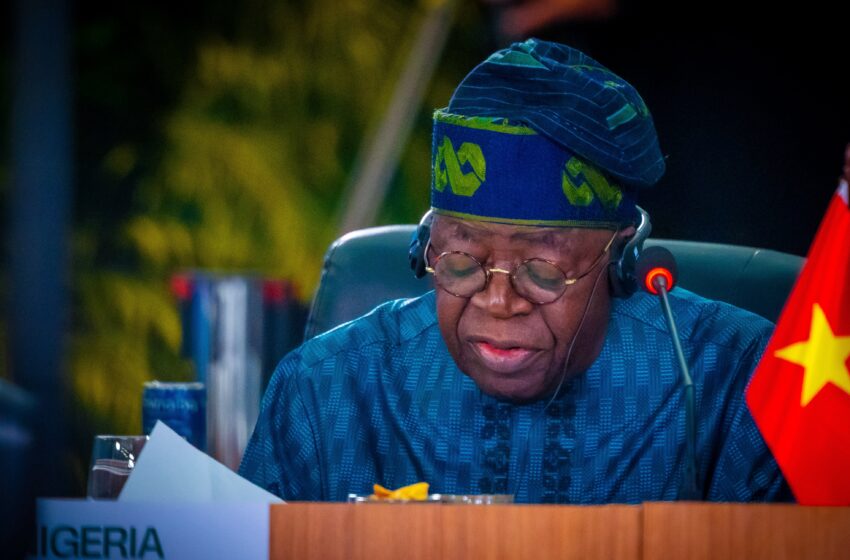FG releases new guidelines for private schools, focuses on accountability and safety

Fact-Check: Tinubu not ranked third most corrupt leader in the world—OCCRP and DUBAWA clarify. Photo credit: Bola Tinubu/X
By Zhunurain Lukman Muritadho
The Federal Ministry of Education, in collaboration with Partnership for Learning for All in Nigeria (PLANE), has introduced the National Policy on Non-State Schools in Nigeria (NPNSN) aimed at strengthening regulation of private educational institutions.
The policy was unveiled yesterday with emphasis on ensuring security, quality education, and accountability across private schools.
According to the new guidelines, private schools are required to provide adequate security for learners, staff, and facilities, comply with health and safety standards, and maintain proper teaching and learning quality. Schools must employ qualified teachers certified and licensed by the Teachers Registration Council of Nigeria (TRCN), ensuring professionalism in service delivery.
Education Minister, Dr. Tunji Alausa, while presenting the document, described it as a major component of the National Educational Sector Renewal Initiative. He highlighted the growing role of private schools in Nigeria, which now cater to over 50% of the student population, and stressed the need for clear regulations to ensure consistent standards nationwide.
Alausa noted that between 2017 and 2022, non-state schools recorded about 39% growth, compared to just over 3% growth in public primary and junior secondary schools. He acknowledged that this expansion would likely continue due to Nigeria’s rising population but insisted that private operators must be held accountable while contributing to national education goals.
The minister also revealed that the federal government is open to supporting private schools financially through indirect incentives, particularly those helping to reduce the number of out-of-school children. Discussions are ongoing with private school associations to leverage their capacity for addressing educational gaps.
Saleh Kwaru, President of the Coalition of Non-State Schools, representing over 300,000 private institutions across Nigeria, confirmed that private education stakeholders participated in drafting the policy and are committed to its implementation. He called for greater support from the private sector to help non-state schools meet expected standards.
Speaking at the event, Ian Attfield, Senior Education Officer at the British High Commission, noted that while some private schools cater to wealthier Nigerians, the majority serve low-income communities. He emphasised that supporting non-state schools is essential for spreading access to quality education without placing the entire burden on the government.
The new policy is expected to address long-standing issues such as infrastructural gaps, poor teacher quality, and inconsistent curriculum delivery in Nigeria’s private education sector, reinforcing the government’s broader education reform agenda.

